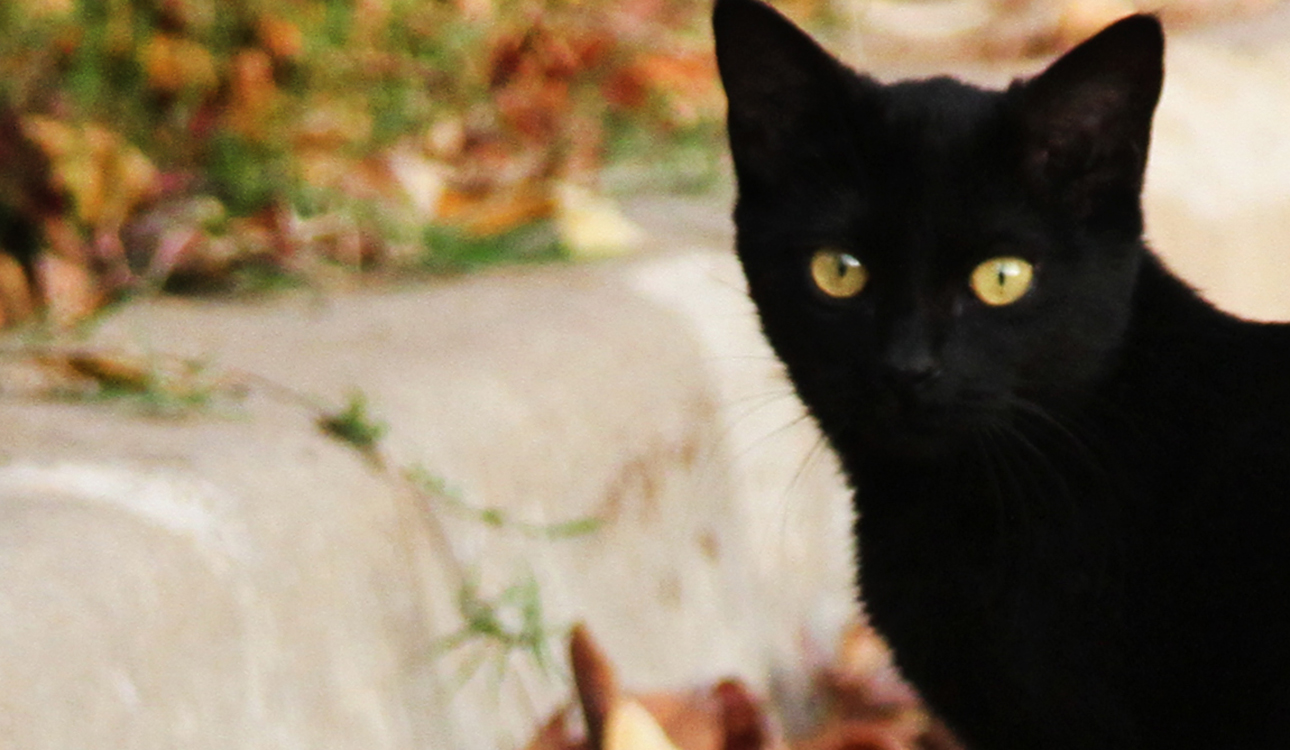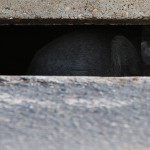Reporter
The Baylor School of Law has a longstanding colony of feral cats on its campus, a colony the Baylor Law School chapter of the Student Legal Defense Fund is working to control through a process called Trap, Neuter, Release.
“Student Animal Legal Defense Fund chapters are law student groups that are affiliated with the Animal Legal Defense Fund and share its mission to protect the lives and advance the interests of animals through the legal system,” Skylar Simons, a second-year law student and president of the Baylor ALDF chapter said.
The mission of the Animal Fund of Baylor is to foster students’ interest in the law and ethics of humans’ relationships with animals. The group so far has helped three cats and generally could do about four cats per quarter.
“I’m hoping we get 20 cats this year,” Simon said.
This is a process in which volunteers will trap a cat, take it to a vet to be fixed and then release it back into its colony. This process effectively stagnates the population. The Animal Fund received a grant for vaccines and spay/neuter surgeries, Simons said.
The cats are already a part of the colony. The process works to control the population because feral cat colonies do not allow new cats to come into their colony, so by fixing them, it successfully controls the population.
The cat colony at the law school is not new to the campus, Simons said. The cats pose no danger to the campus community and most of the campus likes having the cats around, she said. However, changes near campus could place the cats in danger.
“It’s a longtime cat colony, but with all the construction, it’s key to get the population under control,” Simons said.
According to the Alley Cat Allies, an organization that advocates for Feral Cats, the process is the most humane and effective approach for stray and feral cats. This process has been practiced for decades in the U.S. after being proven in Europe. Scientific studies show that this improves the lives of feral cats by improving their relationships with the people who live near them and decreases the size of colonies over time. Other colleges that use this process, according to Alley Cat Allies, include Stanford, Texas A&M, North Carolina State and the University of Florida.
Besides Trap, Neuter, Release, the Animal Fund also plans to bring in guest speakers on Dec 9. One speaker is from the Family Abuse Center and one is from the Humane Society of Texas. This will be a forum about the links between animal cruelty and violence toward humans.
This is an important topic because the importance of vigorously pursuing these cases needs to be stressed, Scott Heiser, director of Animal Legal Defense Fund’s Criminal Justice Program said.
Arrests of individuals on animal cruelty charges sends a message to the rest of the community, that this behavior will not be tolerated, Heiser said.
The Animal Fund also plans to have animal law class advocacy, charity events to benefit the local animal shelters, education and outreach events. They also have letter writing and commenting, where they will have members write letters in response to any newspaper, magazine or online article involving animal law and film screenings.
“All events are open to the law students and the undergraduates,” Simons said.
The Animal Fund chapter at the Law school has about 30 members this quarter, and Simon said interested students should email her to join the email list. There are no dues.












